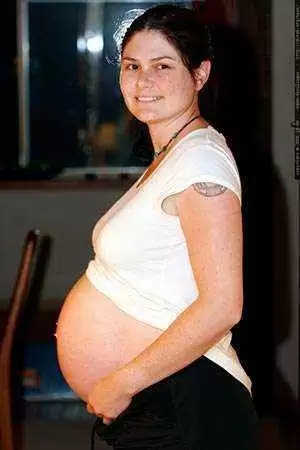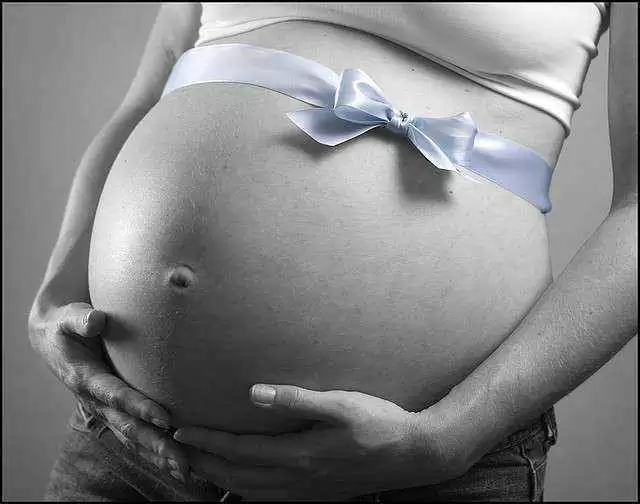10/05/2009 - Pregnant women with celiac disease suffer early pregnancy loss more often than women without celiac disease. A team of Italian researchers recently set out to look at a possible role of genetic pro-thrombotic variants in early pregnancy loss in women with celiac disease.
The research team was made up of C. Ciacci, R. Tortora, O. Scudiero, R. Di Fiore, F. Salvatore, and G. Castaldo. The team looked at 39 women with celiac disease, who had experienced at least two early pregnancy losses within the first 3 months of pregnancy, a control group of 72 celiac women with a history of one or more normal pregnancies with no pregnancy loss.
Celiac.com Sponsor (A12):
Each of the women were enrolled in the study immediately upon diagnosis for celiac disease, whereupon, the researchers obtained a clinical history obtained from each woman.
The researchers then screened leukocyte DNA for factor V Leiden (mutation G1691A), factor V R2 (H1299R), factor II (G20210A), methylenetetrahydrofolate reductase
(MTHFR) (C677T and A1298C), beta-fibrinogen (−455 G>A), PAI-1 alleles 4G/5G, factor XIII (V34L), and HPA-1 (L33P).
Women with pregnancy losses were notably older (p = 0.002) among the celiacs than in controls. Of the gene variants examined, the allelic frequency of 4G variant of PAI-1, and the frequency of mutant genotypes were significantly more frequent in the group of celiac women with early pregnancy loss (p = 0.00003 and 0.028, respectively).
Interestingly, the beta-fibrinogen −455 G>A genotype distribution differs substantially between the two groups, though frequency of the variant allele remains the same. The control group showed more frequent variant genotypes (p = 0.009).
Based on these data, the research team believes the 4G variant of the PAI-I gene may predispose some celiac women who carry the gene to early pregnancy loss, though they note that their data should be confirmed on larger populations.
Open Original Shared Link







Recommended Comments